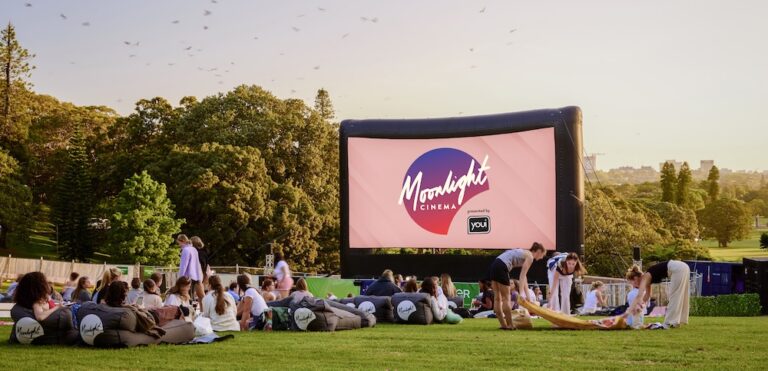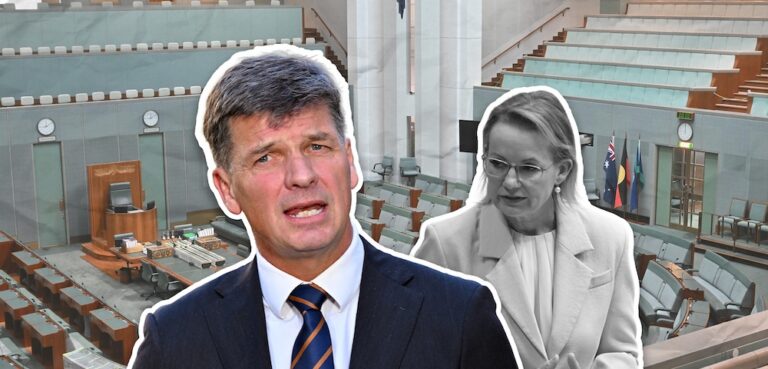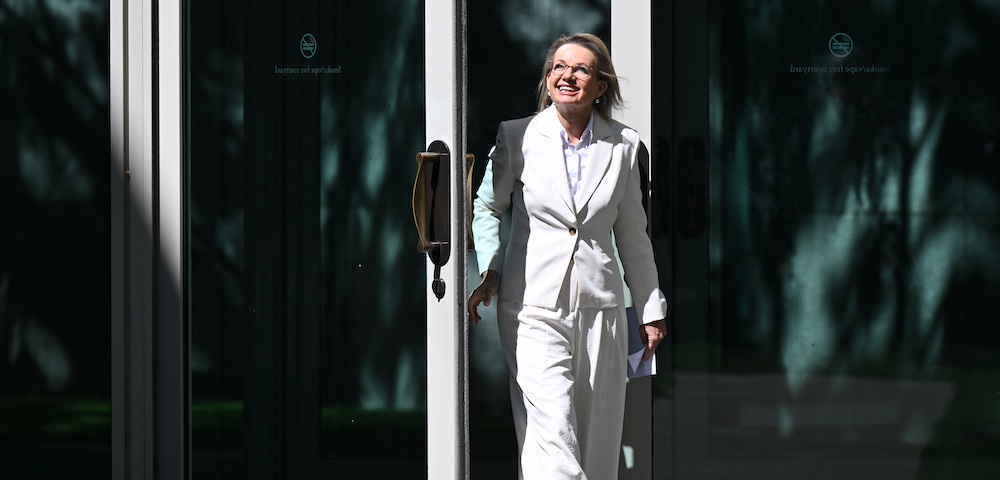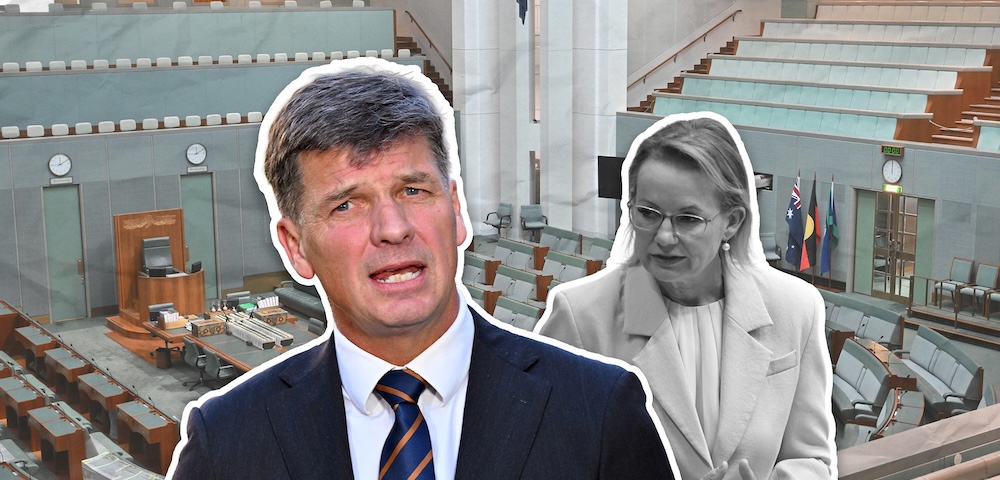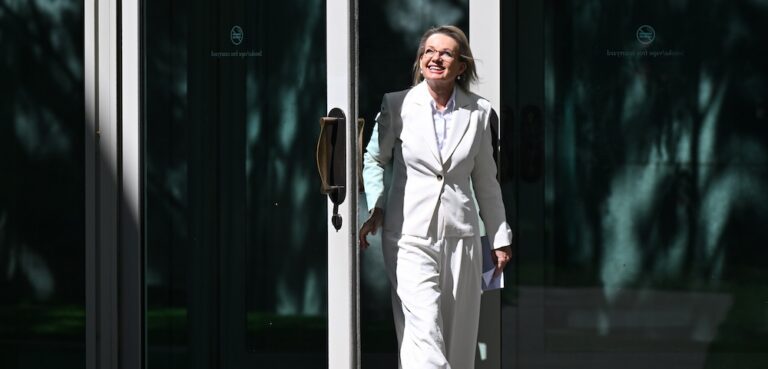
Bulk-Billing Declines Again: Aussies Paying More To See Doctors
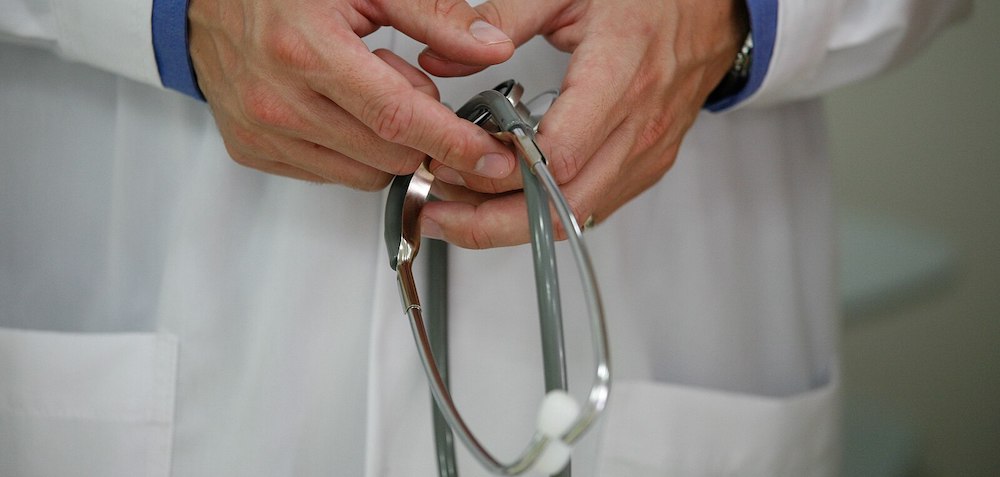
Australians between the ages of 16 and 64 are paying slightly more to see a GP than they were a year ago, marking the fourth consecutive year of bulk-billing rates declining for the cohort after they peaked in 2020 during the COVID-19 pandemic.
69 percent of fees for the cohort were bulk-billed in 2024, down from 70 percent the year prior, with the remainder paid out of pocket. Conversely, the bulk-billing rate for minors 15 and under increased by two percentage points to 90 percent, while that for those aged 65 and over increased by one percentage point to 87 percent.
Children and older Australians were targeted in a $3.5 billion government investment in bulk-billing in the 2023 budget.
The cost of doctors’ appointments is expected to play a considerable role in this year’s election campaigns of both the Labor Party and the Coalition, with Labor pledging to invest more prior to the election whilst the Coalition will highlight the increased cost of GP appointments and the decline in GPs bulk-billing.
The cost of bulk-billed appointments are covered by Medicare rebates.
Working-age Australians bear the brunt of bulk-billing decline
Chloe is among the one in five Australians who live with a disability. She says that the decline in bulk-billing in the last few years has put her under severe financial strain.
“A $40-odd gap after the Medicare rebate might not sound like a lot, but when you have to see doctors weekly, in addition to specialists, treatments and medication – it quickly adds up,” Chloe said.
“I sometimes struggle to make ends meet with my medical bills, and I have a full time job – which means that healthcare is inaccessible to many of those who can’t work full-time, or work at all. My medical bills would be completely unsustainable if I was on Centrelink for example, or the disability pension.”
“The people who need help the most are getting less help than ever.”
Chloe says that the decline in doctors who bulk-bill “means that a significant number of Aussies are forgoing health care that they need, because it’s now financially inaccessible to them”.
“And access to health care should be a given in this country,” she said. “It’s truly baffling, and genuinely shameful.”
Health minister points to previous investments
At a press conference on Thursday, health minister Mark Butler said that the government would “like to do more in bulk-billing,” but would not say if he was considering increasing the bulk-billing incentive paid to GPs.
“The year before last, we tripled the bulk-billing incentive, the largest investment in bulk-billing in the history of Medicare, because we had heard a very clear message from GPs through their College – bulk billing was in free fall and general practice was at a tipping point,” Butler said.
The health minister accused the previous Coalition government of “10 years of cuts and neglect,” singling out “the freezing of the Medicare rebate that was kicked off by Peter Dutton when he was the Health Minister a little more than 10 years ago.”
Butler said the Albanese Government’s investment had caused the “free fall” to stop, “and indeed for bulk billing rates to start to climb again in every single state and territory across the federation.”
Between 2013 and 2019, bulk-billing rates for working-age Australians increased from 78 percent to 82 percent, before surging to 87 percent in 2020 during the pandemic. They have fallen 18 percentage points since – 13 percentage points below the pre-COVID rate.

